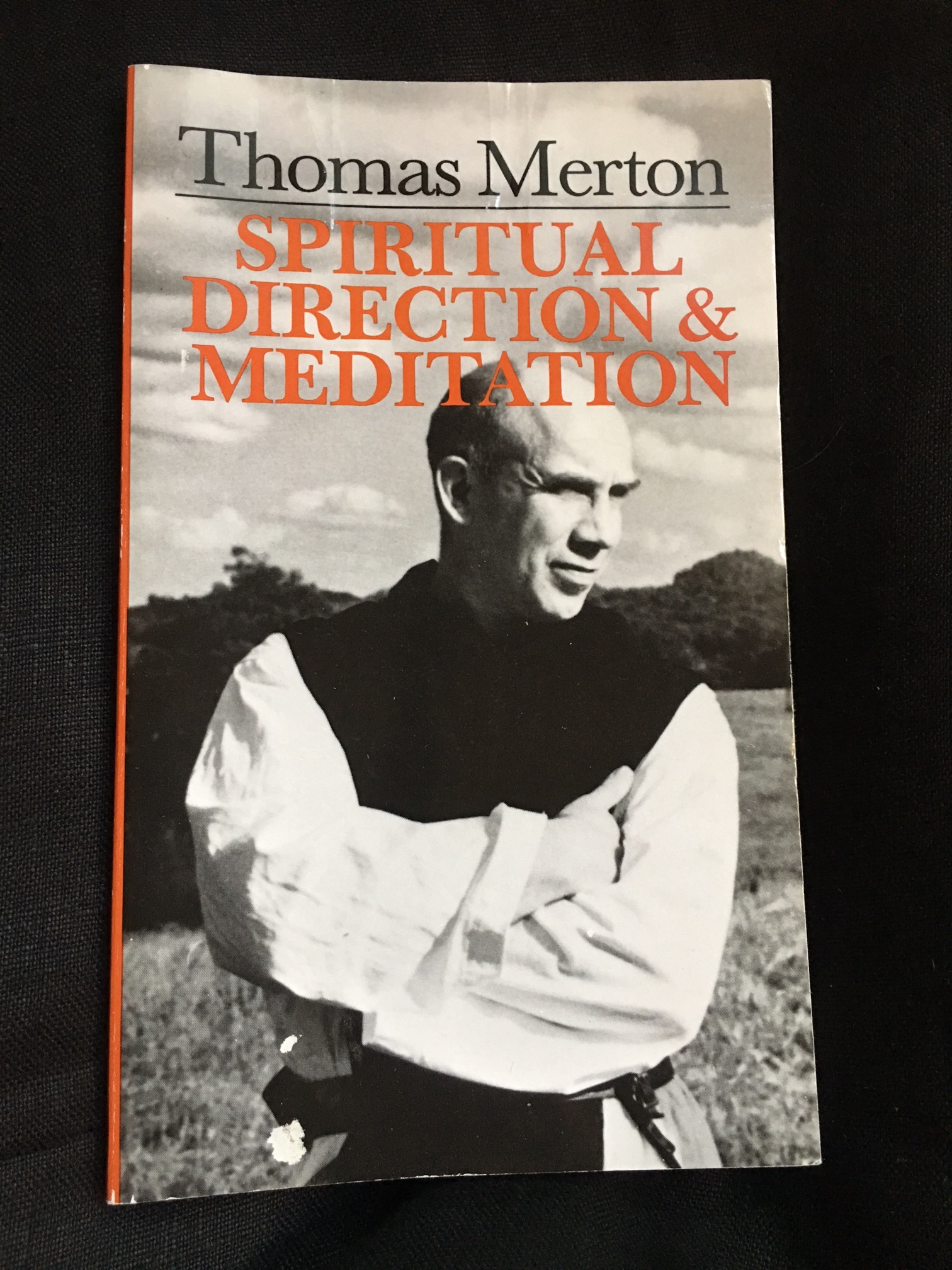Keller, Tillich, Lamott: Faith, Doubts
“Observers in the full enjoyment of their bodily senses pity me, but it is because they do not see the golden chamber in my life where I dwell delighted; for, dark as my path may seem to them, I carry a magic light in my heart. Faith, the spiritual strong searchlight, illumines the way, and although sinister doubts lurk in the shadow, I walk unafraid towards the Enchanted Wood where the foliage is always green, where joy abides, where nightingales nest and sing, and where life and death are one in the Presence of the Lord.”
Helen Keller, Midstream: My Later Life
How beautifully Helen Keller describes faith. Someone who is blind describes faith as light, a light in her heart. She also does not negate doubt. The words of Paul Tillich which Ann Lamott has popularized ring in my ears, “The opposite of faith is not doubt but certainty.” Faith implies believing in something or being in relationship with something that is a mystery, that is not defined by our human understanding.
Our rational minds can just take us so far in understanding faith.
When a person has difficulty with mystery, doubts move in. Our doubts can be stepping stones to a deeper faith as we read and share our doubts with others and learn and experience the mystery together.
I so often speak with spiritual friends about doubt and reassure them that this is not unnatural or the enemy or unhealthy. I tell friends, “Let ‘s talk about the doubts. If you come to a place of unbelief, let me carry your faith, until you are ready to take it back. I am counting on you to do the same for me, when doubts overcome me.”
Joanna joannaseibert.com
Preorder! deadline today at 10 am today To preorder be picked up at Release party
A New book by Joanna Seibert
Daily Spiritual Rx for Lent and Easter
Release party Saturday December 15, 10 to 12
27 River Ridge Road, Little Rock 72227
Preorder to pick up at preview party
www.earthsongspress.com/products/a-daily-spiritual-rx-for-lent-and-easter-by-joanna-j-seibert-1
or preorder to be mailed to you



